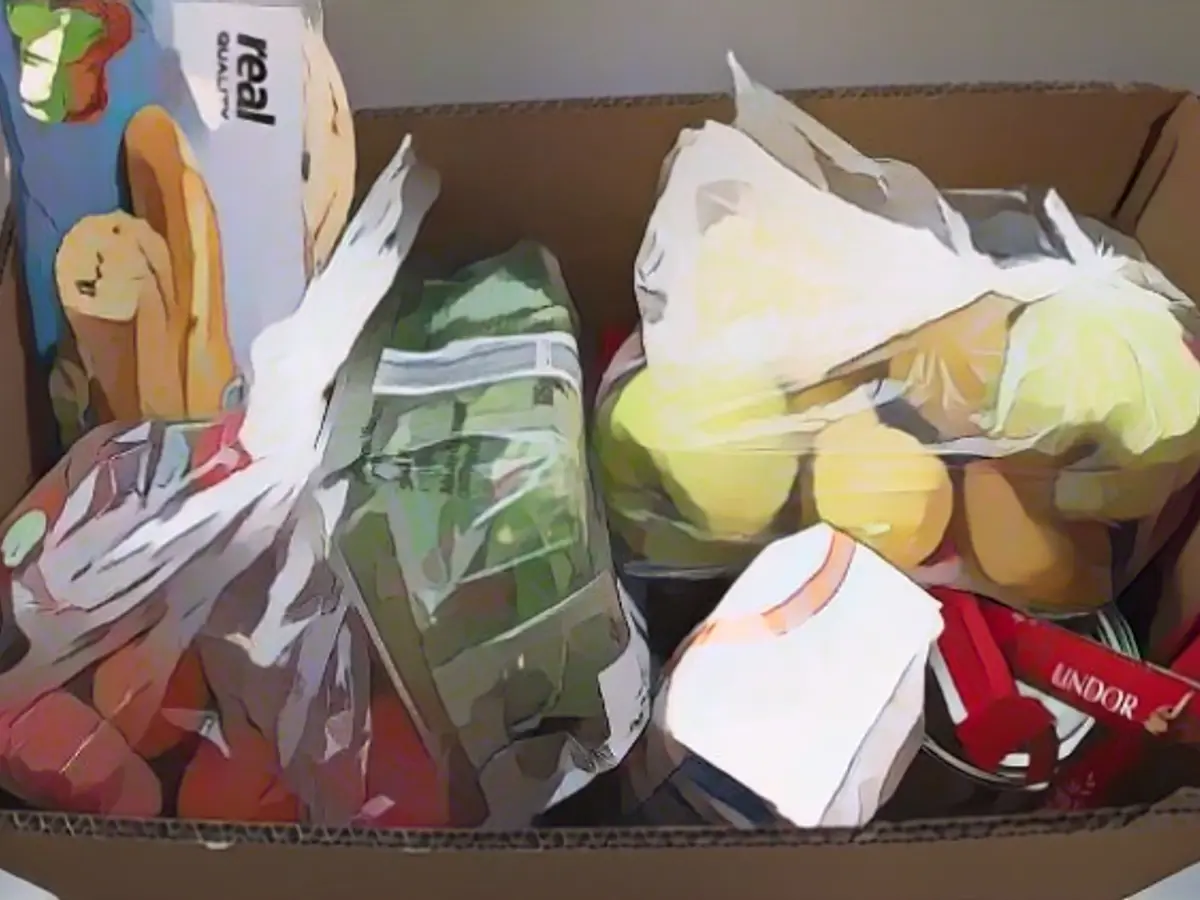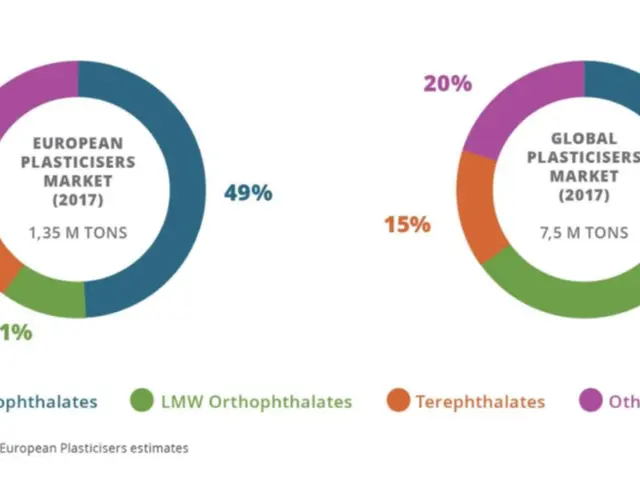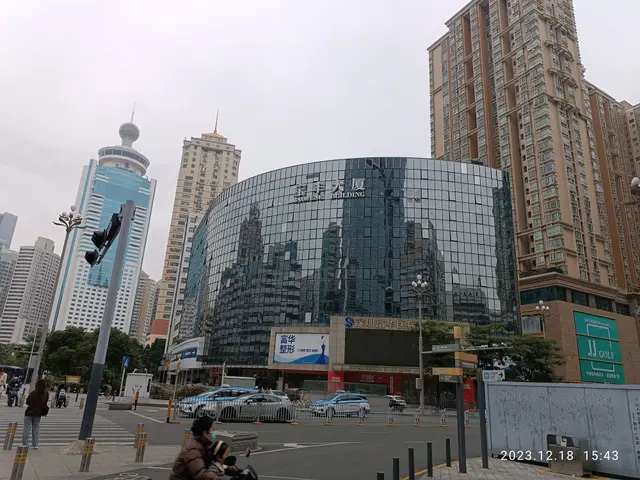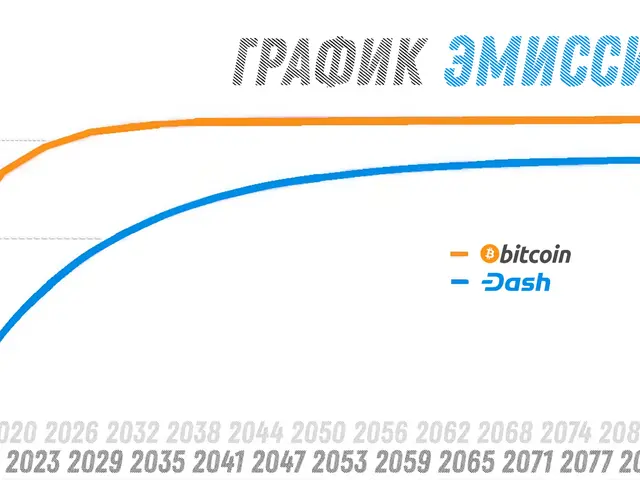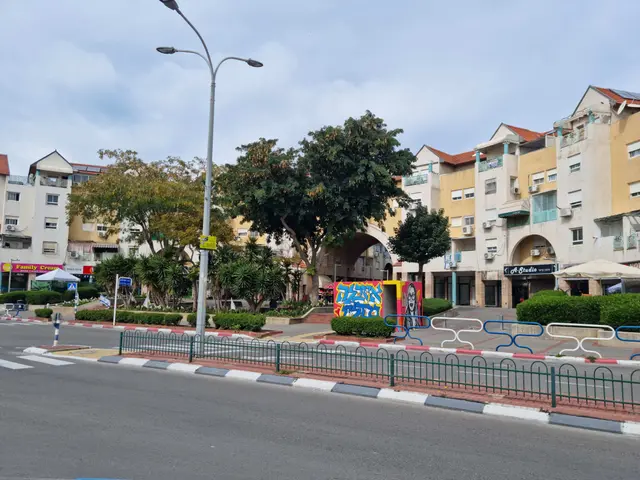Diminishing Donations: A Struggle for Food Banks in North Rhine-Westphalia
The realm of grocery shopping has seen a significant transformation, with discounters leveraging artificial intelligence (AI) for more precise inventory management. However, this advancement has come at a cost for food banks in North Rhine-Westphalia (NRW). With the uptick in food bank customers due to inflation and the Ukrainian conflict, an unfortunate trend of decreased donations has emerged.
"The donation aspect is dwindling," lamented Petra Jung, deputy chairman of Tafel NRW e.V, in conversation with the Düsseldorf newspaper "Rheinische Post." She attributed this decline to supermarkets and discounters' shift towards more accurate sales and reduced item disposals before their best-by dates. Consequently, a scarcity of fresh fruits and vegetables has arisen, further exacerbating the situation.
Retailers validate this trend, with the German Food Retail Association (BVLH) confirming that more organizations are now able to tailor their orders to customer behavior using AI. Subsequently, the proportion of unsold goods is expected to decrease further. "There is less food to donate," a spokesperson from the NRW trade association commented.
NRW's Social Affairs Minister Karl-Josef Laumann is resolute on supporting the food banks with ongoing financial aid. "The food banks are an integral part of the support system for many people," Laumann emphasized. He vows to examine options for permanent funding in the near and long-term. NRW is the only federal state committed to financing food bank operations with 1.6 million euros annually.
To confront this predicament, Laumann intends to engage with food bank associations and major retail corporations once more, with the objective of amending the donation situation. Time will tell if these efforts lead to bridging the existing gap and ensuring meaningful assistance for the growing number of food bank clients.
Enrichment Insights:
- AI in Retail: With the integration of AI in retail, including discounters, inventory management and supply chain optimization could potentially decrease food waste. However, the sources do not specify this directly.
- Reducing Waste in Germany: The region's Ministry for Economics, Industry, Climate Protection and Energy in North Rhine-Westphalia has been probing strategies to circularize business models, which could indirectly help reduce food waste.
- Humanitarian Aid: North Rhine-Westphalia has provided assistance to Ukraine, such as donating six fire and police vehicles to Dnipropetrovsk Oblast, showcasing a proactive approach to helping communities in need. Nonetheless, these efforts do not specifically focus on food bank donations.
- Addressing Food Shortages: The initiatives to reduce waste and create sustainable practices in the region could contribute indirectly to addressing food shortages. Efforts relating to how AI-driven strategies can curb food shortages within discounters are not detailed in the sources.
In conclusion, while there is no direct link between AI use by discounters and food bank donations in North Rhine-Westphalia, broader efforts to reduce waste and support humanitarian causes indicate a commitment to food-related concerns. For a more precise understanding of AI's impact on food bank donations, additional sources would be necessary.
